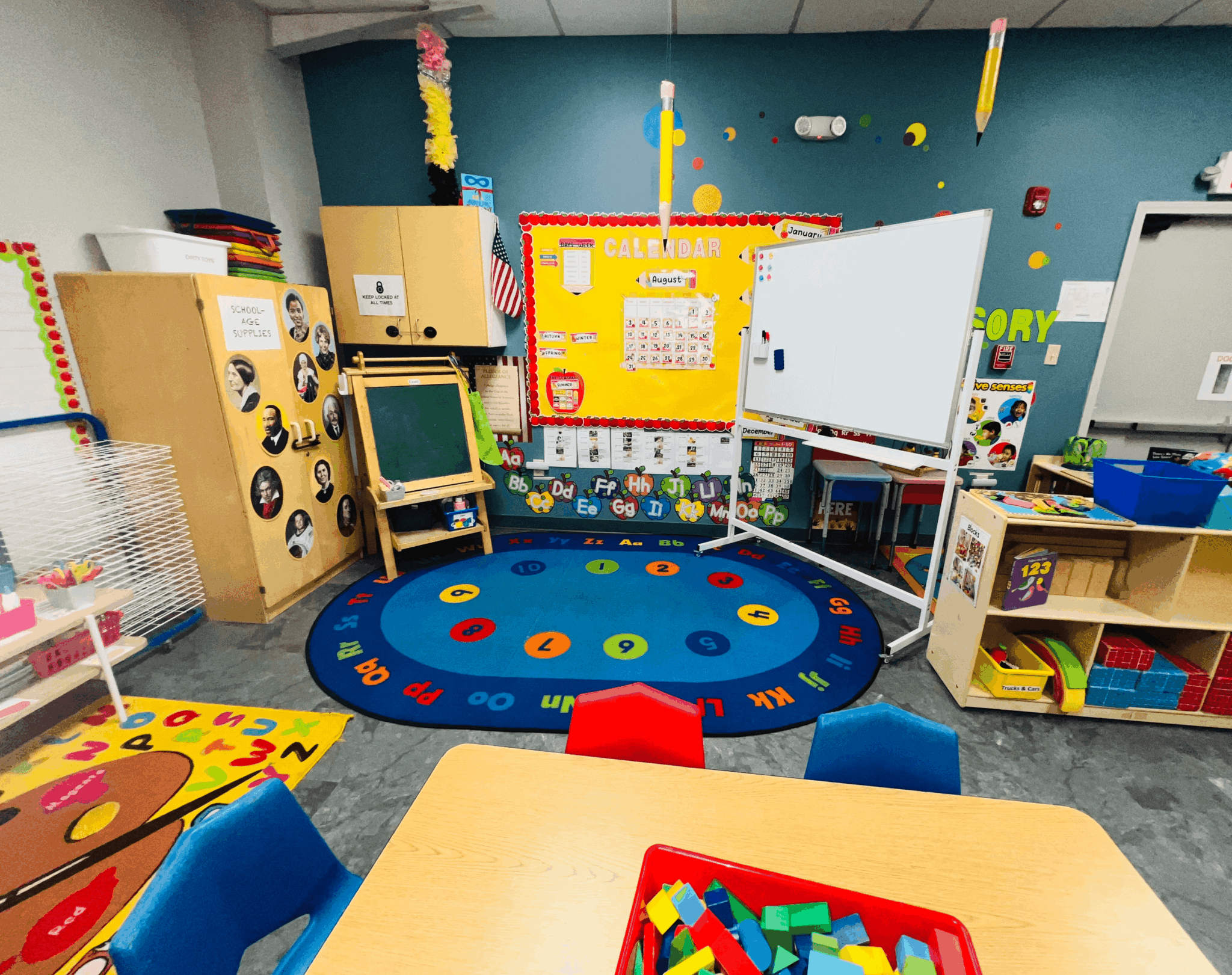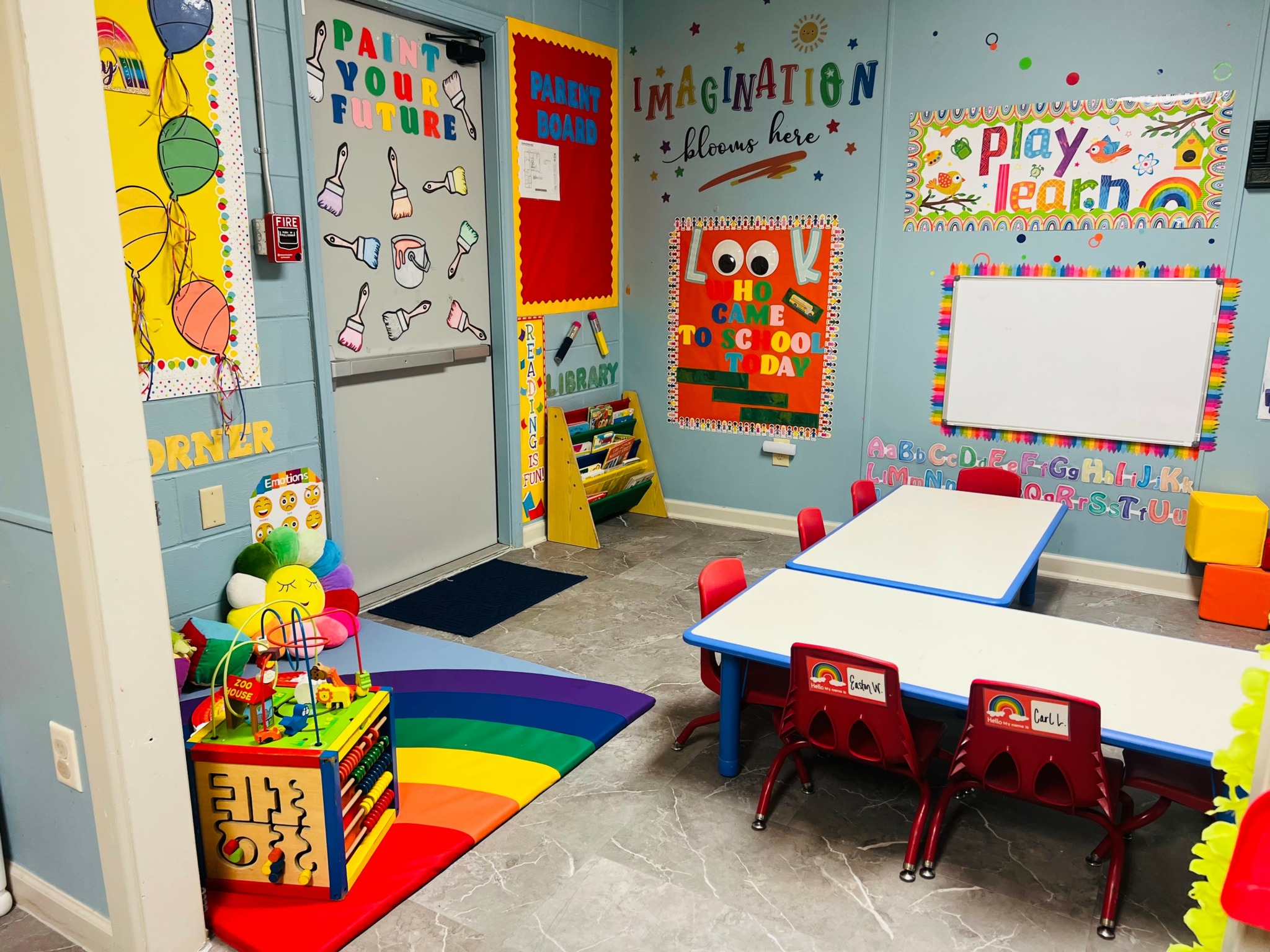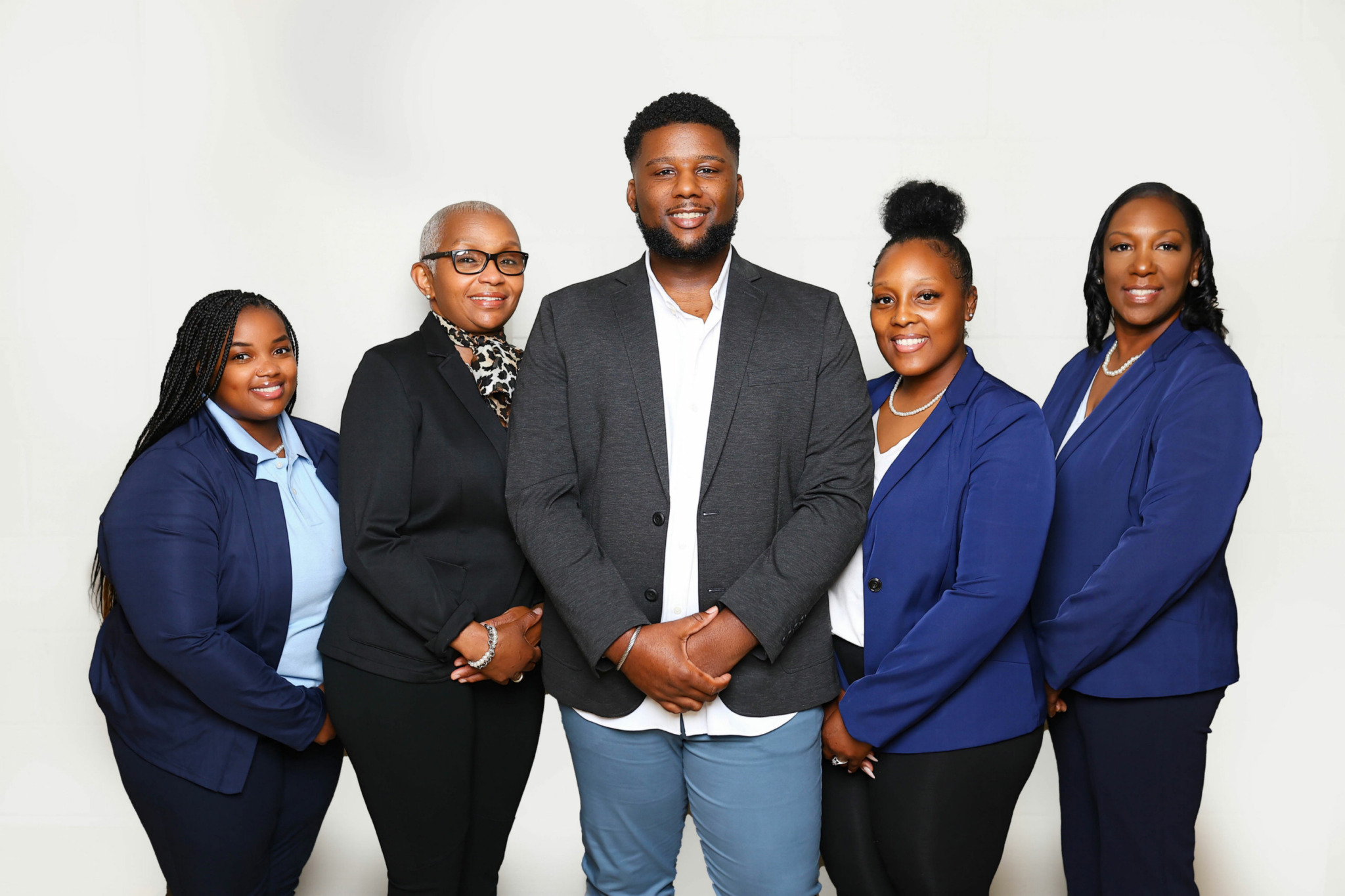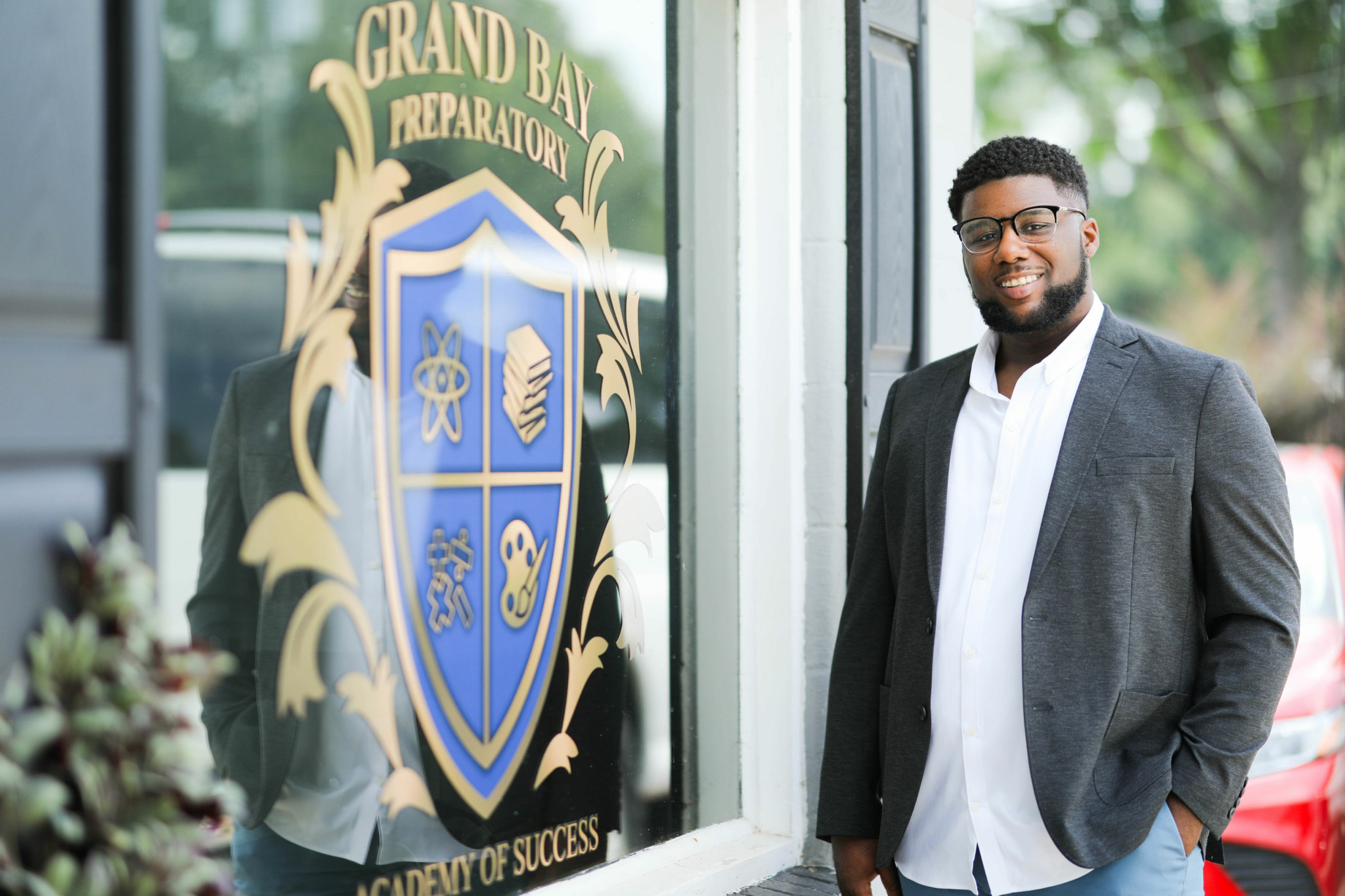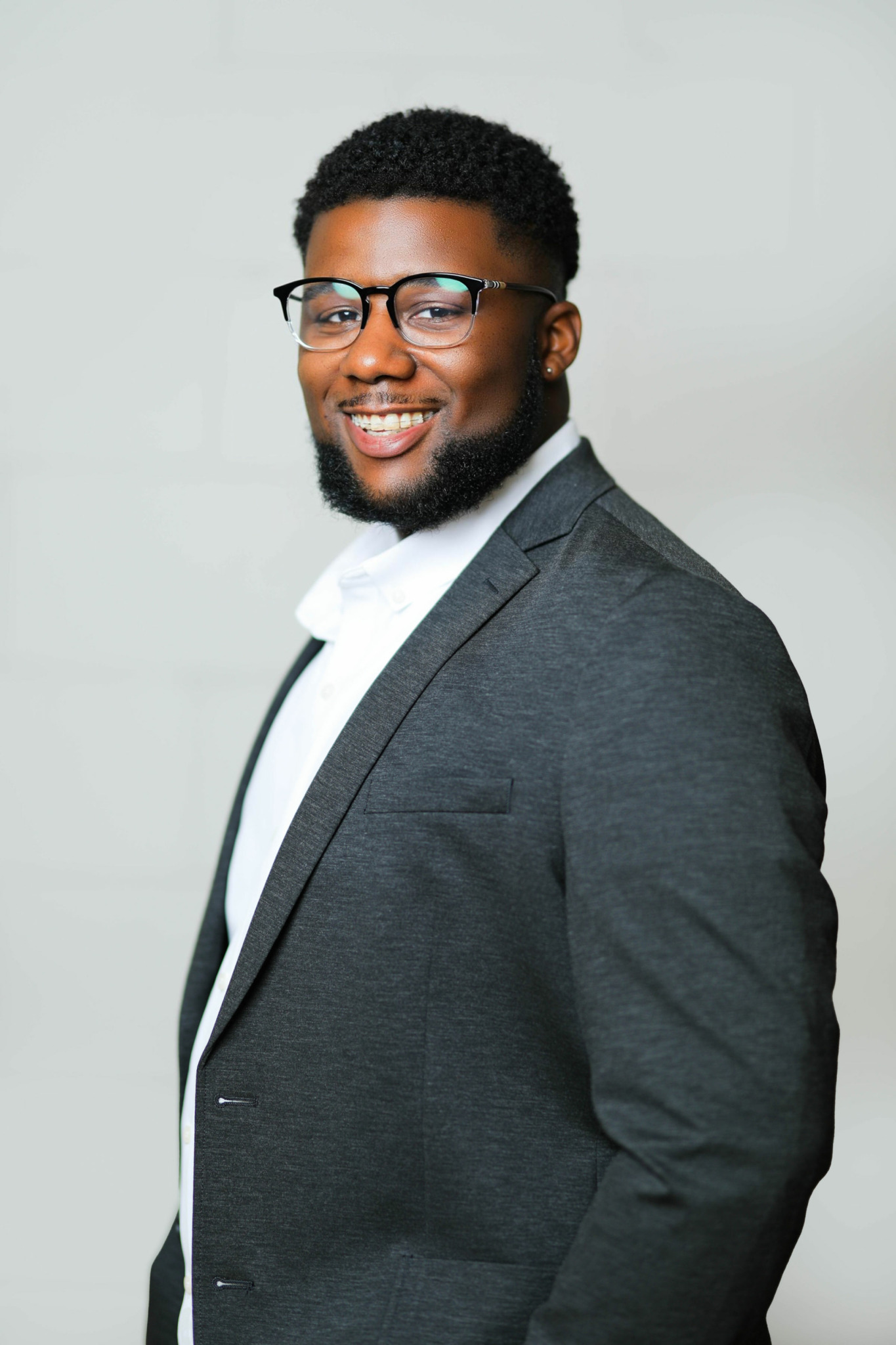We recently connected with Melvin Williams Jr. and have shared our conversation below.
Alright, Melvin thanks for taking the time to share your stories and insights with us today. What was it like going from idea to execution? Can you share some of the backstory and some of the major steps or milestones?
I worked in childcare for a period of time as a Health and Safety Compliance Manager. In that role, I was responsible for ensuring compliance with state licensing standards, local health department requirements, classroom environments, and daily practices to ensure children were safe and well cared for. I studied the state minimum standards for childcare centers day and night until I could reference them from memory. During that time, I saw what safe, high-quality care looks like, and what it looks like when it is lacking. That work connected me to real purpose, and it became deeply personal to me. When COVID hit and I was laid off, I reached a crossroads. I knew I did not want the knowledge, clarity, and calling I had gained to just fade. I decided to open my own center. Not to compete, but to complete what had been started — the work of protecting children, supporting families, and raising the standard of care in our community.
The first step was revisiting the state licensing standards, this time from the perspective of the owner and director. I built a plan, outlined what would be required to operate safely, and began searching for a location.
When I first walked into what would eventually become Grand Bay Prep, the building was in poor condition—but I saw what it could be. There were ceiling tiles hanging and missing, dead bugs everywhere, and old wood paneling walls darkened and buckled with age. Cobwebs stretched across doorways, and the green floor tiles were dusty and worn. Most people would have just seen a neglected building. I saw past all of the ugly. I saw a school, a safe place, a space full of potential for children to learn, grow, and belong. It was perfect. I took out a notebook and sketched the layout by hand, every classroom, hallway, office, and shared space. I then hired an architect to professionally draft and refine that layout so it aligned with state fire, safety, and facility guidelines. That original sketch is still the layout of Grand Bay Prep today.
Renovations began, and that stage required coordination, budgeting, and patience — and that’s when the real test began. Walls came down, plans changed, timelines shifted, and unexpected issues surfaced. But each challenge brought me closer to the vision I saw the first day I walked into the building. The most significant setback occurred when we discovered that the existing septic system was not compliant. The only solution was to connect the building to the public sewer system — which did not yet reach our property. We had to run sewer lines from the nearest connection point down the street, resulting in an unexpected $25,000 expense. Construction stopped for six months. I worked delivery apps, assisted a realtor part-time, and did concrete labor with my dad to stay afloat. That period took a toll on me mentally and emotionally. I had built so much momentum, and seeing everything pause forced me to confront doubt in a way I had never experienced before. It was one of the most challenging periods of my life and the beginning of a long depression.
My parents ultimately stepped in and helped me cover the sewer cost, and their support allowed the project to move forward. We passed the remaining inspections and completed licensing, and one day towards the end of January, while sitting in my car after a long day at the building, I received the email that said:
Licensing application approved.
On February 6, 2023, Grand Bay Preparatory Academy opened at half of our licensed capacity, and we are now fully enrolled with an active waiting list.
Melvin , love having you share your insights with us. Before we ask you more questions, maybe you can take a moment to introduce yourself to our readers who might have missed our earlier conversations?
My name is Melvin Williams, Jr., and I am the Founder and Executive Director of Grand Bay Preparatory Academy, an early childhood learning and development center serving infants through preschool-age children, along with after-school and summer programs for children up to 11 years of age. Our approach is intentional, structured, and developmentally focused. Our motto is “Sculpting minds of the present in preparation for the future.” We do not use the word daycare. We teach, observe, document growth, support developmental milestones, and partner with families to prepare children for school and for life. I did not initially plan to enter the field of early childhood education. In college, I majored in Political Science, which led me into a career as a paralegal. While the work was stable, it did not feel meaningful to me. Honestly, I hated it. The routine nature of the job left me wanting something that felt purposeful and connected to making a difference. I went back to school and earned my Master of Business Administration, still exploring where my professional path would lead.
That direction became clear when I accepted the Health and Safety Compliance Manager position. This experience opened my eyes to the importance of early childhood education and the powerful foundation that high-quality care provides. I later completed a college certificate in Child Development and then became a nationally certified early childhood play area safety inspector, further solidifying my commitment to the field.
One of the accomplishments I am most proud of is that Grand Bay Prep earned a 4 Star rating through Alabama Quality STARS within our first three months of operation. Many established programs work toward that level of quality for years. Many still have not reached that. Achieving it so early reflects our commitment to excellence from day one.
I am also proud that I paid off the mortgage on our facility within two years of being operational. I do not just own the business—I own the building. That represents stability, permanence, and a deep investment in our community.
What truly sets us apart is the environment. I am intentional about creating a workplace where teachers feel supported, respected, and valued. The emotional climate inside a childcare center matters. Children are highly sensitive to the energy of the adults around them. When teachers feel grounded and encouraged, children feel secure. When the environment is balanced and aligned, everyone thrives.
We also ensure that the physical environment reflects that same level of care and intentionality. Our classrooms and common areas are bright, welcoming, and child-centered, with materials arranged at the child’s level to promote independence and confidence. These spaces are decorated and refreshed regularly to keep the atmosphere warm, inviting, and stimulating. Every classroom is organized and maintained in alignment with Alabama Quality STARS standards, creating a setting where children feel safe, engaged, and excited to learn.
Today, I assist other childcare owners and directors across Alabama with licensing and quality standards, and safety improvements through my recently launched business, Resolution & Seal, LLC, which provides civil mediation services, notary services, and small business consulting for childcare centers and restaurants. In this way, I’ve been able to turn my journey into guidance and leadership that supports quality care and strong operations statewide.
Any advice for managing a team?
Managing a team, in my opinion, is the most challenging part of running a business. People carry real experiences, emotions, and personal circumstances with them. You cannot expect someone to simply leave their life at the door. In childcare, especially, the work is emotional. It requires patience, presence, and genuine connection, and those things can only exist when staff feel grounded and supported. To maintain high morale, you have to be a leader people feel comfortable approaching. Not every concern requires discipline. Sometimes someone simply needs to be heard, understood, or reminded that they are valued. A conversation can resolve things that a policy or write-up never will. When staff feel safe communicating, issues are addressed early instead of becoming bigger problems later.
I lead with emotional intelligence. I stay aware of tone, energy, and the overall rhythm of the center. I pay attention to when someone seems overwhelmed, when dynamics shift, or when someone needs encouragement. Leadership is not only about giving direction. It is also about noticing, listening, and responding with clarity and compassion.
I also believe that the leader sets the atmosphere. If I show up rushed, tense, or reactive, the building feels it. But if I show up calm, steady, and clear, that becomes the culture. Children are deeply sensitive to emotional tone, and they respond to the energy around them. When teachers feel supported and respected, they are more patient, more confident, and more connected to the children in their care.
A healthy environment does not happen by accident. It is built intentionally, every day, through communication, trust, and consistency. And when the environment is healthy, everyone thrives — the staff, the children, and the families we serve.
What’s a lesson you had to unlearn and what’s the backstory?
I had to unlearn the belief that everything needed to happen quickly. I am naturally driven. When I decide I am going to do something, I move toward it. I like progress. I like momentum. I like seeing things come together. So when I made the decision to open a childcare center, I assumed the process would be straightforward. I expected to renovate, get licensed, and open the doors within a matter of months. But that is not how it unfolded.
Opening the center took three years from the moment I had the vision to the moment the first child walked through the doors. There were long stretches where it felt like nothing was moving. Months of back-and-forth with the local health department. Revisions. Resubmissions. Waiting on approvals. Then the sewer setback, which paused everything for half a year.
At one point, I was standing in a building that I knew could be something beautiful, but it was silent, unfinished, and still. I was in my mid twenties, laid off with a master’s degree, working delivery apps, assisting a realtor part-time, and doing concrete labor to keep the dream alive. And it was in that season that I realized I could not force timing. I could only prepare for it.
I learned that slow does not mean failing.
Progress can be quiet. Growth can be steady.
Sometimes the delay is not a setback.
It is the development of the person you have to become to lead what you are building.
That period taught me patience, maturity, and trust. It taught me to build strong foundations rather than fast outcomes. It taught me that quality cannot be rushed, especially in early childhood work. And it taught me that when something is meant to happen, it will happen at the right time, not just the time you want.
Looking back, if the center had opened sooner, I would not have been the leader I needed to be. The environment would not be what it is. The culture would not be what it is. The timing was not a barrier. It was part of the preparation.
The waiting was work.
And it was necessary.
Contact Info:
- Website: www.grandbayprep.com
- Instagram: https://www.instagram.com/grandbayprep/
- Facebook: https://www.facebook.com/profile.php?id=100087909970317
- Linkedin: https://www.linkedin.com/company/96278379/admin/dashboard/
- Yelp: https://www.yelp.com/biz/grand-bay-preparatory-academy-of-success-grand-bay
